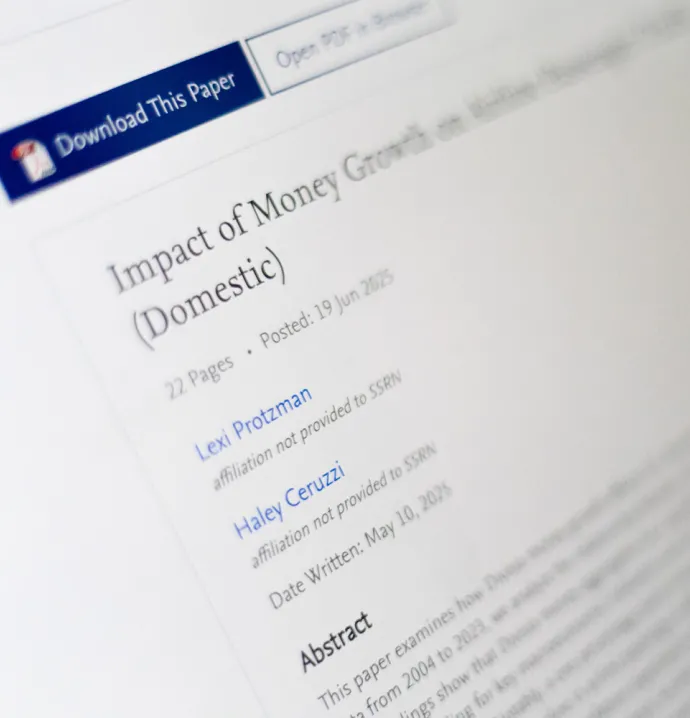"Empty Boxes" of Valentine's Day Candies
"Empty Boxes" of Valentine's Day Candies
I’ve never watched Tom Hanks in the movie Forrest Gump. I have heard his famous line about life resembling a box of chocolates and never knowing what you are going to get. A local television station ran a story exposing the increasing amount of plastic in boxes of Valentine’s Day chocolates¹. I suppose Forrest Gump might view this as a reduction in the “not knowing” aspect of what you were going to get.
The article claimed that comparing two similar-sized heart-shaped boxes of candy from 2019 and this year revealed fewer pieces of candy in the latter. The attorney investigating this apparent chicanery didn’t have evidence that there’s actually less chocolate by weight in more recent boxes.
The situation was sure to spark interest on Valentine’s day, especially for the easily aggrieved. The label presumably accurately indicated the weight of the chocolates. Consumers might not have recalled the weight from the previous year and simply assumed a similar-sized box contained as many candy pieces as before.
Years ago, Nobel-Prize Winner in Economics, George Stigler, taught an amusing graduate-level course on Government and Regulation. He was lampooning regulations; given his audience of University of Chicago economics graduate students, he could get away with flamboyant, outrageous statements. He posed a question: “Why should the government regulate the contents of a box of dry cereal?” Suppose a consumer is considering buying Private Mills Corn-Crusted Sugar Flakes for their kiddoes at home. The consumer casually tosses a box into the shopping cart.
Upon arriving home, the consumer takes the box out and realizes there is scant cereal in the box. Stigler’s point was that competition in the market would drive Private Mills and their paltry cereal out of business. Consumers would quickly wise up and refrain from buying said cereal.
To be sure, consumers would understandably be angry about being bilked out of the cereal in their initial purchase. Stigler’s point, though, is well taken. Such dubious tactics are sure to fail. Enough consumers are reasonably alert to foil such tactics.
Stigler’s comment, flippant though it was, might get some people wondering about how sane top-level economists are. I however, can see some merit in his remarks. Competition and consumer alertness are powerful tools in thwarting any intended fraudulent behavior.
The views and opinions expressed are those of the author and do not imply endorsement by the University of Northern Iowa.
1) Arija Kavilanz, “Feeling Ripped off on Valentine’s Day? Popular chocolate boxes look big, but have more plastic than ever,” CNN, February 14, 2023, https://www.cnn.com/2023/02/14/business/valentines-day-deceptive-chocolate-boxes




